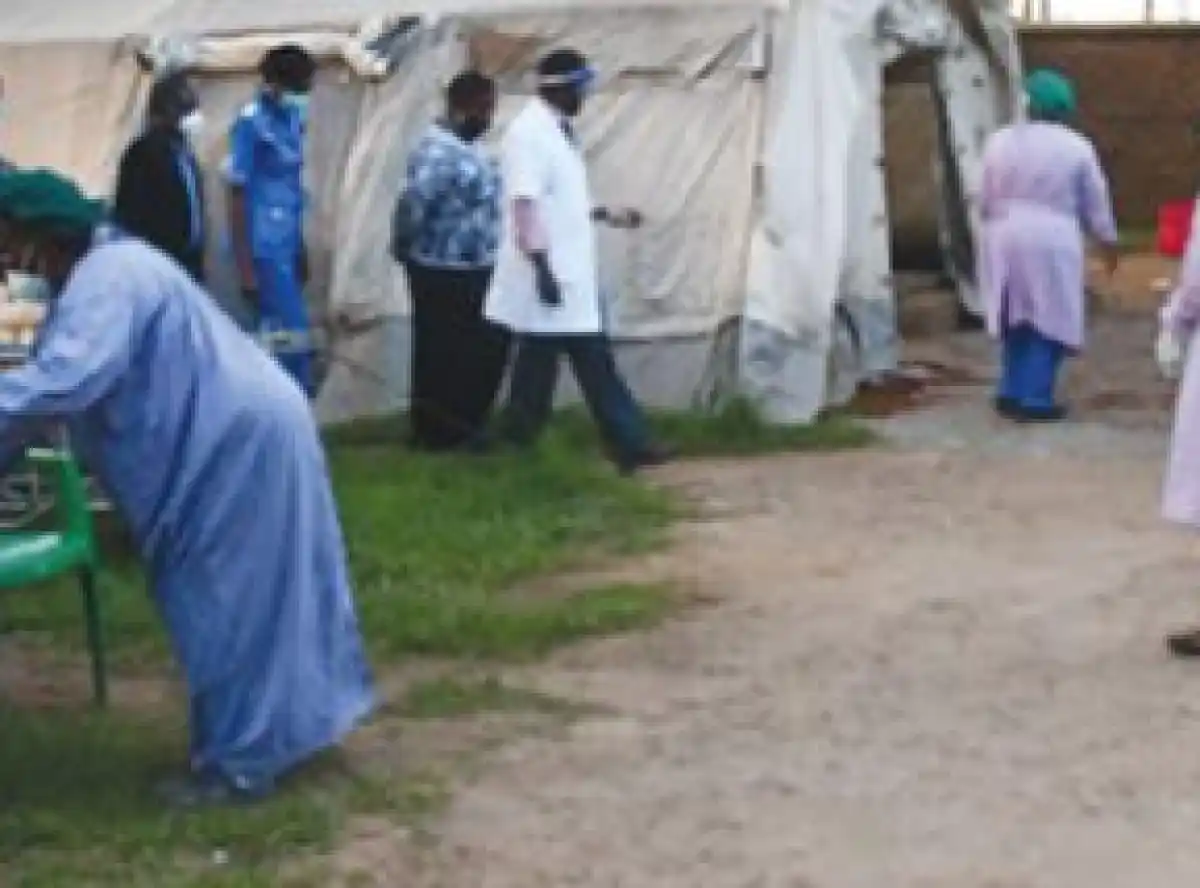
About half of the population has no confidence in government’s ability to handle future health crises, four years after the emergence of Covid-19.
This is according to an Afrobarometer Policy Paper titled Are African Governments Prepared for Another Pandemic?
The findings released last Tuesday show that 42 out of every 100 Malawians believe government is ‘very unprepared’ to handle future public health crises while 25 out of every 100 feel it is ‘very prepared’.
They also reveal a divide in public perception with only 13 out of every 100 respondents believing government is ‘somewhat prepared’ and 10 out of every 100 believing government is ‘somewhat unprepared’.

Nine percent was undecided.
Three months ago, the Malawi Health Equity Network (Mhen), in its 2024/25 National Budget analysis, appealed for the inclusion of a health emergency budget to move away from donor reliance which causes delays, compounding public health crises.
It stated that the health sector depends on 58.6 percent financing from donors, 17.5 percent from the private sector and 23.9 percent from the public sector.
Fifty-four out of every 100 respondents feel the government needs to invest more in health resources to respond to health emergencies.
Some of the parameters that make the government unready for future health crises as per people’s perceptions include lack of resources, poor infrastructure and high vacancy rates (55 percent) in central hospitals.
Part of the Afrobarometer paper reads: “The Covid-19 pandemic went for multiple years, which meant that differences in countries’ ability to minimise disruptions to the health and education systems likely compounded over time.
“Covid-19 strained Malawi’s health sector, which has for decades been grappling with numerous challenges due to a lack of resources. The pandemic compounded the numerous existing challenges in the sector.”
It observes that the pandemic halted economic activities with 19 out of every 100 Malawians reportedly losing their sources of income.
This is regardless of 65 out of every 100 respondents reporting that the government performed fairly well in managing the Covid-19 response.
Unfortunately, what dents the government’s efforts is that 57 out of every 100 Malawians felt resources were abused.
Mhen executive director George Jobe in an interview on Wednesday expressed regret that despite appealing to the Ministry of Finance and Ministry of Health to include an emergency budget in the 2024/25 fiscal year, their wish did not come to pass.
He said: “We have other issues that affect the health sector indirectly. For example, if you consider Cyclone Freddy which hit the country, there was an element of the health sector being affected.
“This is why when the government is formulating the National Budget; it needs to include a budget line for emergencies. However, when you look at the 2024/25 National Budget, there is no allocation. It is like we have not learnt from our past experiences”.
Health and Rights Education Programme executive director Maziko Matemba in a separate interview said statistics should serve as a reminder for the government to enhance measures in preparing for public health emergencies.
“When we look at Covid-19, climate change, health, cyclones, cholera and polio, we believe we had many challenges in financing, infrastructure and linkages.
“Our call for the government is to take recommendations from the Afrobarometer Policy Paper seriously as emergencies and pandemics have become a serious public health threat,” he said.
But Kamuzu University of Health Sciences head of public and environmental health Professor Adamson Muula says the challenge is government’s failure to be robust in sharing information about disease control preparedness
Muula said: “I think many Malawians do not know there is a Public Health Institute of Malawi. They are unaware the Ministry of Health is implementing a field epidemiology training programme to strengthen the country’s response to diseases and epidemics
“Malawi has been a pioneer in the establishment of the ECSA [East Central and Southern Africa] College of Public Health Physicians. All these initiatives are not widely known and the public cannot be blamed for the opinions they have.”
Minister of Health Khumbize Kandodo Chiponda and spokesperson Adrian Chikumbe were unavailable for comment.







0 Comments